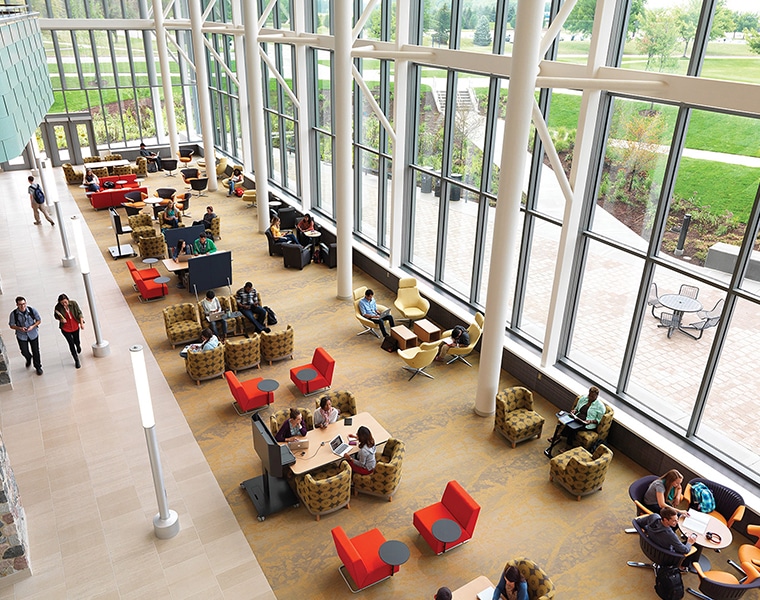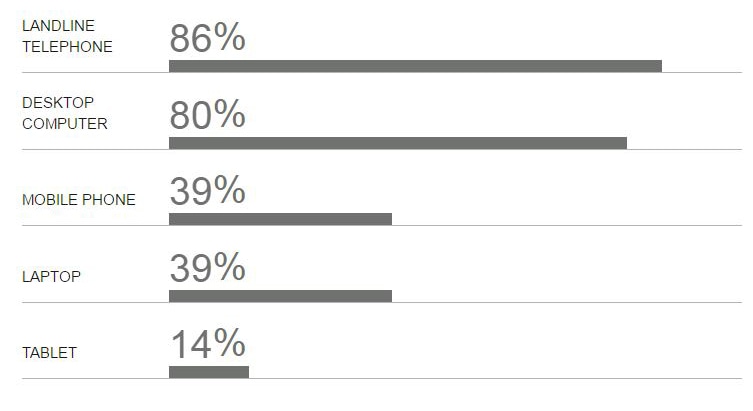The world of work has changed rapidly over the years and it is no secret that technology has been one of the major influences for this. It has allowed for more flexible working, not only just in the way we work, but also where we work.
There are 3 important factors that can help a workspace inspire, engage and progress employees: People, Place and Technology.
Flexible working can improve overall business performance, as it encourages a culture that focuses on performance and output, rather than on processes and the amount of time spent in the office.
Many organisations are encouraging flexible working, allowing employees to have more control of their work life balance. The workspace can support this culture change, by offering a choice of workspaces to support different work styles such as quiet spaces, collaborative spaces and social spaces.
Predictions for 2017 from Citrix, report that some 50% of businesses would have a mobile working policy, and by 2020, 70% of people would work away from the office as often as they worked at a desk.
However how many companies have actually adopted technology within their workspace to enable flexible working? Despite a global adoption of mobile technologies for personal use, a recent report from Steelcase of 12,000 employees across 16 countries, states that there is a lack mobile technology offered by organisations.
Key Finding: Fixed Technology Exceeds Mobile 2:1
The vast majority of workers use fixed technology at work.
Looking at current trends, it may appear there has been a vast change within the world of work; however there is still a difference between employee expectations and what the workplace offers.
Many businesses are adopting a more casual, informal and inspiring environment to allow for agile working, however not all businesses are quite there yet.

